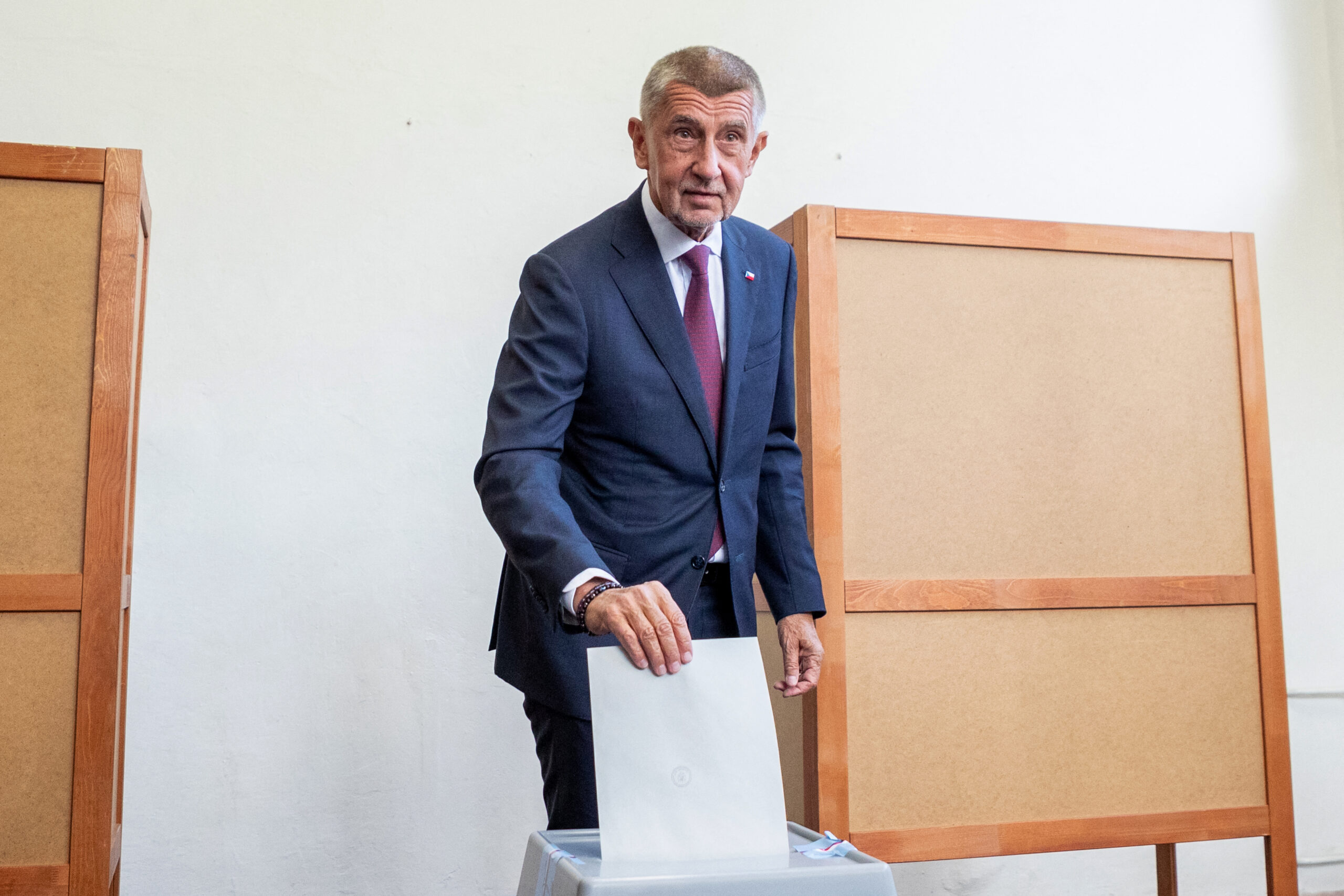


Loading the Elevenlabs Text to Speech AudioNative Player...
The resounding victory of Andrej Babiš’s sovereignist-populist ANO party in the Czech parliamentary elections has sent a shockwave through European capitals. Framed by the staunchly Atlanticist President Petr Pavel as an existential choice between the West and Russia, the vote was instead a clear rejection of such alarmist rhetoric. The result signals the steady growth of a pragmatic, antiwar faction within the EU and NATO—which already has footholds in Hungary and Slovakia—that is tired of a foreign policy reduced to a simple Manichean battle between good and evil.
To interpret the Czech result as a pro-Moscow shift is both absurd and ahistorical. This is the nation of the 1968 Prague Spring, a reformist movement that was creating cracks within the communist system and was crushed by Soviet tanks. After the collapse of the Warsaw Treaty and the Soviet Union, the Czech leader Václav Havel successfully advocated for integration with the West through an early membership in NATO and the EU. The Czech people have a deeply ingrained, historical aversion to Russian domination. What they expressed at the ballot box is not affection for the Kremlin, but a profound war-weariness and a desire for their government to prioritize national interests. They want the war in Ukraine to end, not to appease an adversary they do not like.
The platform that brought Babiš to this point was unequivocal. He ran on a campaign condemning the current model of support for Kiev, and has argued that the strategic goal of preventing a full Russian takeover of Ukraine has been achieved, suggesting further military aid should be re-evaluated. After his election victory, answering a question from a Ukrainian journalist, he said that Ukraine is “not ready” for EU membership and “we have to end the war first.” This reflects a common-sense view that a country at war cannot realistically integrate into the bloc.
If Babiš sticks to his current views, he could be expected to join Hungary’s Prime Minister Viktor Orban in the EU Council in opposition to Brussels’ push to accelerate Ukraine’s EU admission process. Last week at the EU summit in Copenhagen, the Hungarian leader rejected a new scheme proposed by the Council President Antonio Costa to change the relevant rules from the current unanimity requirement to a qualified majority of member states.
Yet the leadership in Brussels, and major EU powers in Berlin and Paris remains in profound denial of this political sea change. Just last Friday, Germany’s Chancellor Friedrich Merz stood beside France’s President Emmanuel Macron, warning of an “axis of autocratic states” targeting the EU and a “degeneration of democracy.” Their Cold War–era language, painting the world in a stark binary struggle, reducing the complexities of international relations to a simple battle against “the evil” completely misses the point. The real degeneration they face is a domestic collapse of trust in their own leadership. Macron’s political fragility was underscored just days later when his fourth prime minister in two years resigned after little more than a month in office, a move that further erodes the president’s democratic legitimacy and reveals a political system in perpetual crisis.
This Czech pivot is not an outlier but part of an ongoing broader European realignment that Merz and Macron stubbornly misunderstand. Macron, his authority freshly undermined by the latest governmental collapse, faces a political landscape dominated by the anti-war National Rally on the right and France Unbowed on the left, parties whose popular support dwarfs that of his own.
Meanwhile, in Germany, the Ukraine-skeptical Alternative for Germany (AfD) now is tied in polls with the Merz’s own Christian Democratic Union and far above his coalition partners from the social-democratic party. When Merz laments that “the radiance of what we in the West call liberal democracy is noticeably diminishing,” he fails to see that his own ideological foreign policy is one of the causes of this decline.
The persistent framing of geopolitical divides as a moral battle against some cartoonish “axis” is not only failing; it is exacerbating the very disillusionment it seeks to quell. The Pavel’s last-ditch warning—that the election was a fateful choice between freedom and security and “Russia”—failed to resonate because the Czech electorate looked past the “civilizational choice” framing and voted on more immediate issues: the cost of living, sovereignty, and a path to peace.
The rise of Babiš, like that of the AfD and the French opposition, is not a simple turn toward Moscow. It reflects the European voters’ growing frustration with a Brussels consensus that rigidly rules out any diplomatic pathways to end the war—a stance that increases the risks of an uncontrolled escalation. It reveals a desire for a more pragmatic policy that prioritizes economic stability and a tangible path to peace. It is a demand for governments that fight for national interests as fiercely as they fight for distant ideals.
For Europe’s embattled political establishment, the message from Prague is clear: The uncritical, open-ended support for a protracted war is fracturing the European project. Ignoring this democratic reality—and dismissing it as foreign manipulation or moral failure—only strengthens the very political forces they fear.
